COLLECTABLE STORIES: SHIFTING TIDES
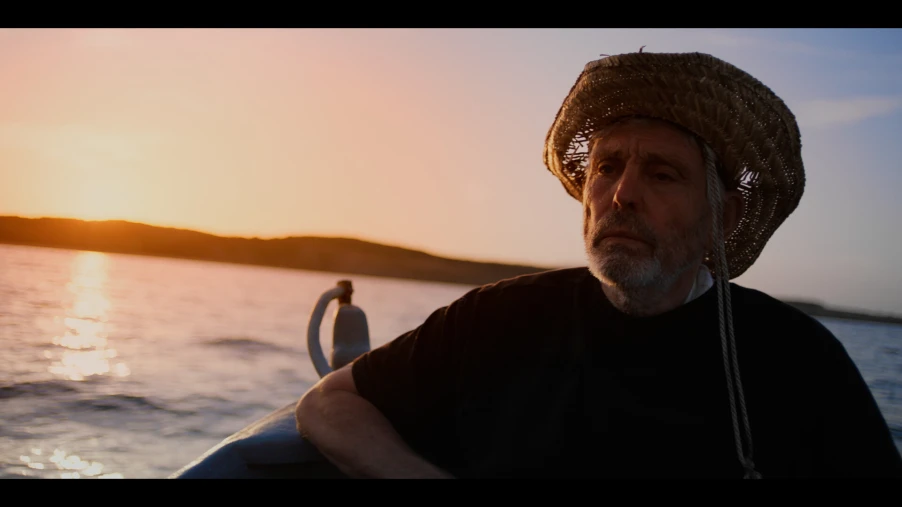
SHIFTING TIDES
Short Talk with Yoan Petrov (Director)
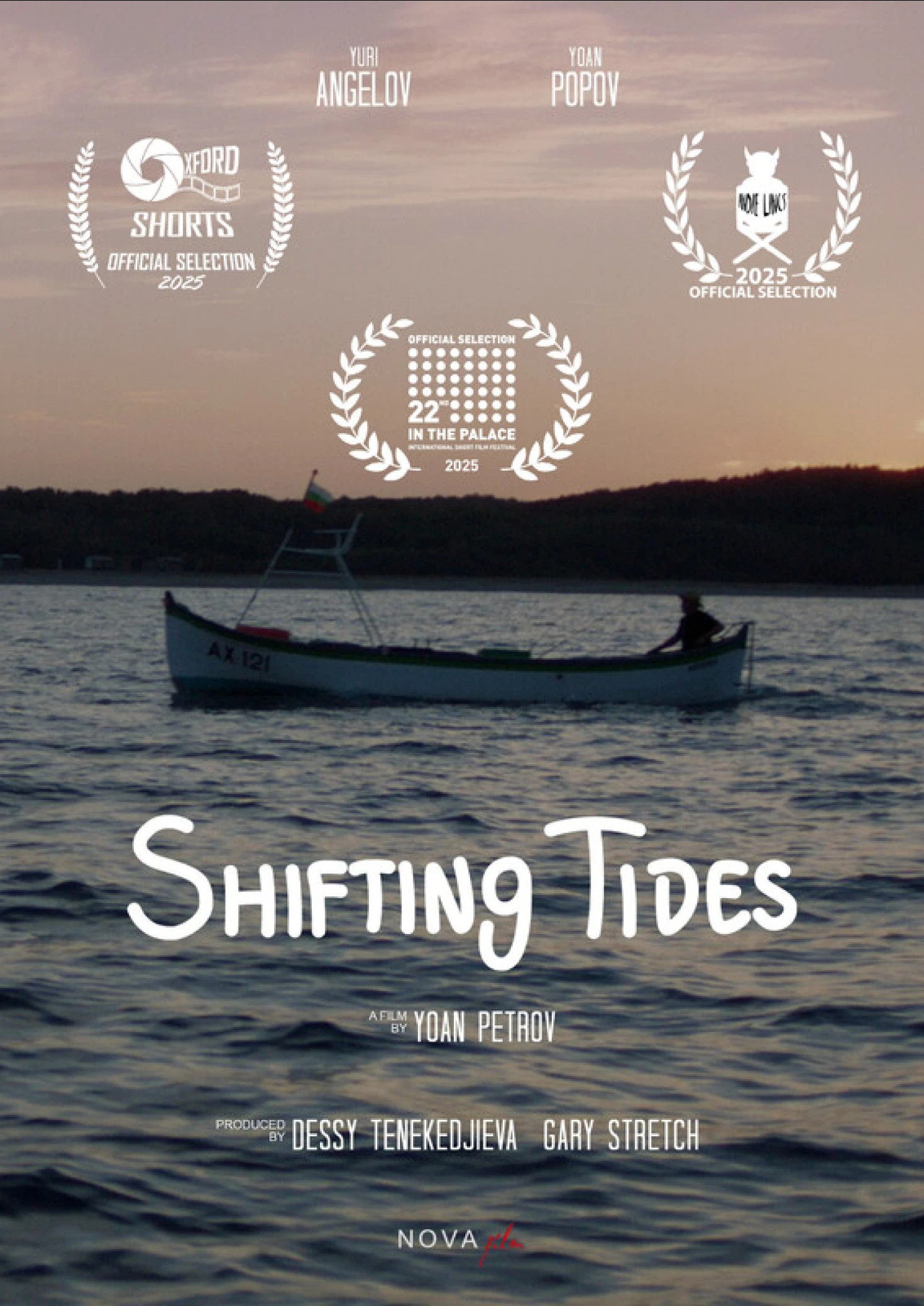
BEST SHORT FICTION FILM Category
22nd IN THE PALACE International Short Film Festival 2025
Bulgaria, Fiction, Bulgarian, 00:19:51, 2024
Synopsis: Estranged uncle - Mitio and nephew - Chris, meet after many years and have to determine what to do with the fortune Chris's mother has left behind after her death. Mitio, being a grumpy old timer set in his ways, and Chris - a young and progressive child of the world, end up bumping heads over ideologies, worldview and simple priorities. Soon however, Chris is forced to accept that not all is as he thinks it is, and he might himself be guilty of what he has been blaming his uncle for.
Biography: Yoan Petrov was born in 1999 and spent his childhood between Sofia and Sinemorets. At the age of 15 he moved to the UK to begin pursuing an education and later a career in filmmaking. After graduating from university with а BA Degree in film he took a sidestep, and began working in the AI industry for 4 years, before quitting, and spending his savings to make his debut short - Shifting Tides. Yoan is eager to move into feature filmmaking and spends his time developing his debut feature film.
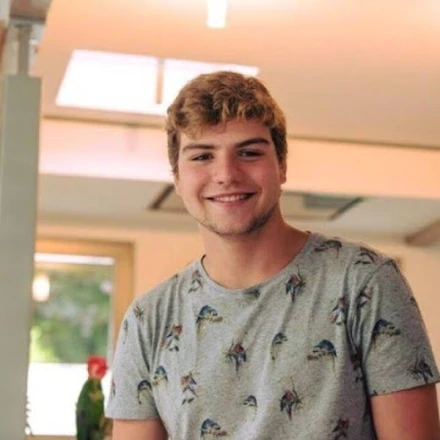 Yoan Petrov, director
Yoan Petrov, director
Petar Penev: From what we've been given in your director’s biography, I believe your story is quite similar to that of the young protagonist. You went abroad for a few years before coming back to Bulgaria. Is that right?
Yoan Petrov: Well, I mean, I’ve come back to Bulgaria now and made this film. But yes, I did grow up, from around 14 or 15 years old, in the UK. And when I come back to Bulgaria, every summer or whenever I can, I usually go back to this village, it’s actually called Sinemorets, which is where the film is set.
Petar Penev: How much of the film is based on your own story and how much was inspired by friends or people you know?
Yoan Petrov: So the idea actually came to me when I was still working at this AI company. We were on a company getaway, and I was chatting with some of my colleagues about the idea of good people and bad people. They had this very black-and-white view like if someone holds what we now consider a bigoted opinion, then that person is just inherently bad. And I thought about people from this village, for example people who have done so much good for me over the years, but who’ve never left the place. They do have controversial opinions, opinions I don’t agree with, but I’d never call them bad people.
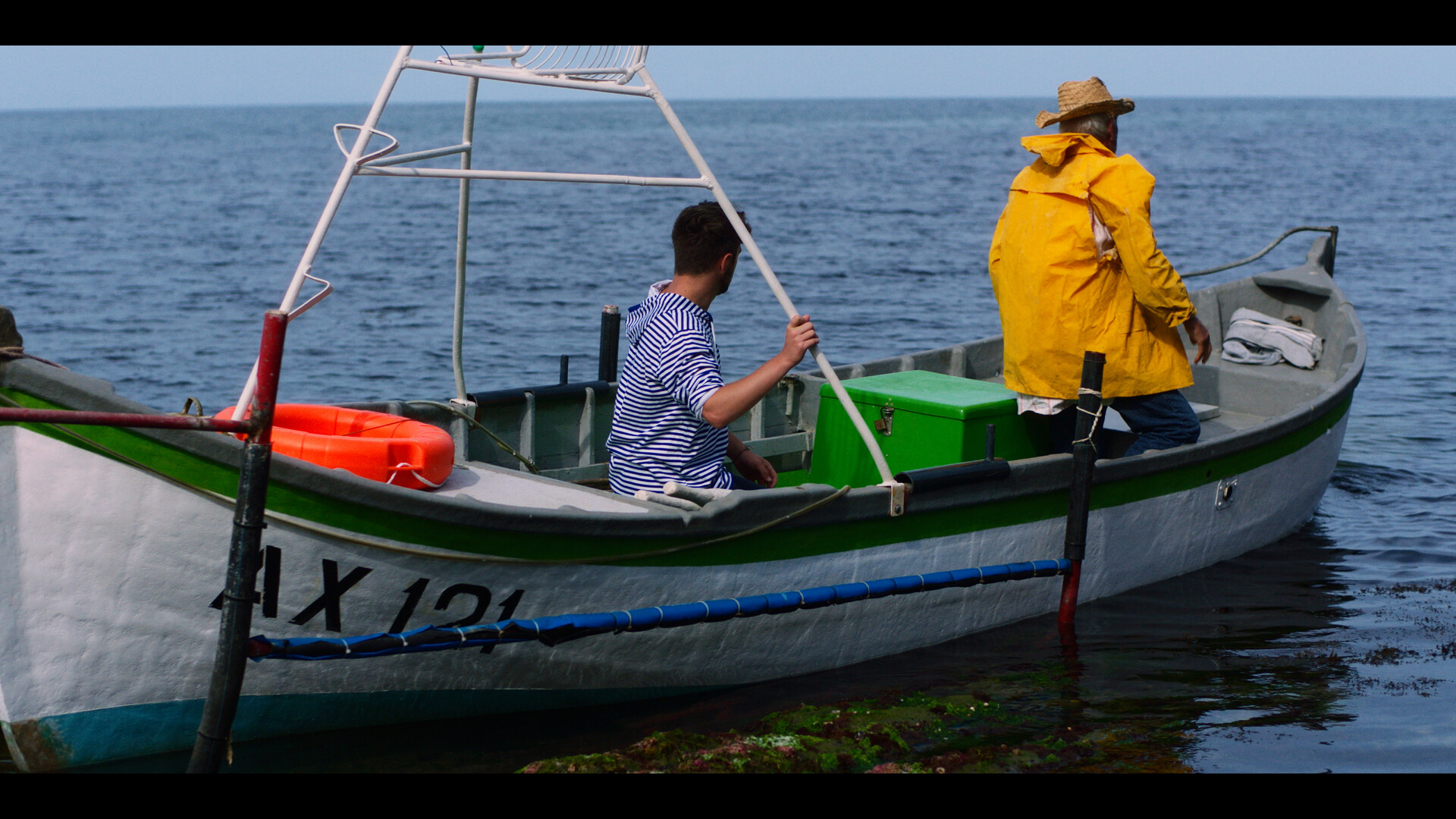
So I wanted to explore that idea: the importance of talking to each other, of communicating, and maybe helping someone see what you see, instead of immediately labelling them as bad. That’s really the experience I’ve had with people in that village, with fishermen, with locals. It’s not based on my life per se, but it’s based on my experiences and conversations.
Petar Penev: Why did you decide to tell a story set in Bulgaria specifically, rather than the UK, given that the theme of differing opinions in rural communities is kind of universal?
Yoan Petrov: Well, this is my first film. And I remember back when I was maybe 15 or 16, the director of the film academy I was attending told me: “You’ve told me beautiful stories about your childhood and where you grew up, you need to write about what you know.” And I feel most comfortable in that location. I spent a lot of my childhood there, and I just felt that in order to feel confident enough to make my first film, I needed to be in a place where I felt at home. I know the location like the back of my hand, and I know the people, it just made things easier.
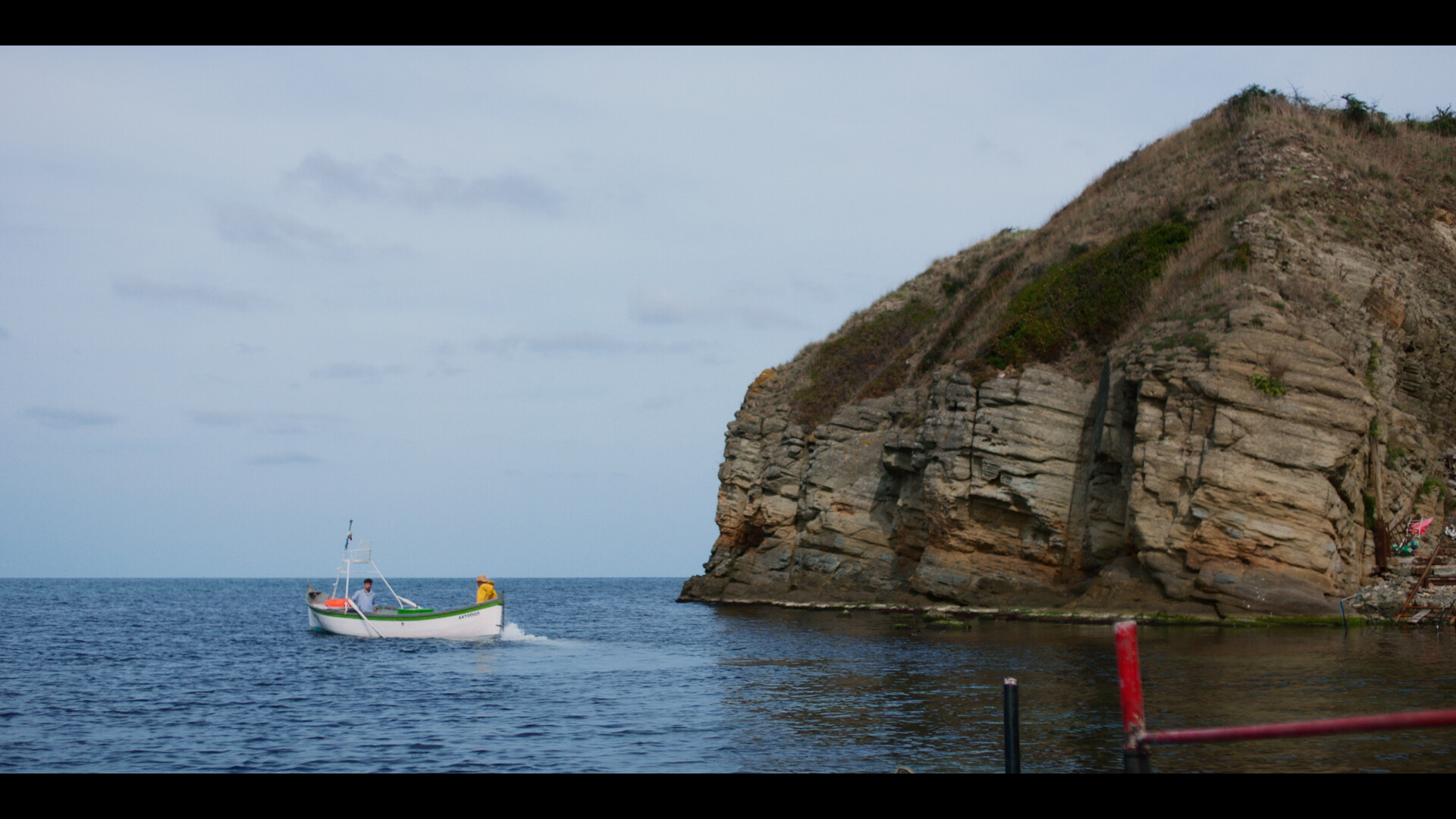
Petar Penev: Shifting Tides has already been screened in the UK, what was the reception?
Yoan Petrov: I think especially people from my generation can really relate to the younger character, Chris. I mean, I don’t even know which of them is the real protagonist, to be honest. But with Chris, especially, people understand that feeling like we all have that one uncle at the Christmas table with strange opinions. And you love them, but you really struggle with their views. So it’s about how to balance that love with the values you hold. How do you communicate? How do you try to dig and find the goodness in someone, instead of just writing them off?
Petar Penev: How hard was it to film on a boat, out on the open sea?
Yoan Petrov: It was less hard than I thought it would be but still very difficult. We had to pass the camera from one boat to another several times. On the third day, I realized we were running out of time and needed to extend the shoot. So I called the rental place and said, “I have bad news.” And the woman immediately said, “You’ve drowned the camera, haven’t you?” And I was like, “God forbid! No! Why would you say that?!” But yeah, overall, it was less hard than I expected. Still challenging, though.
Interviewer: Petar Penev
Editor: Martin Kudlac





